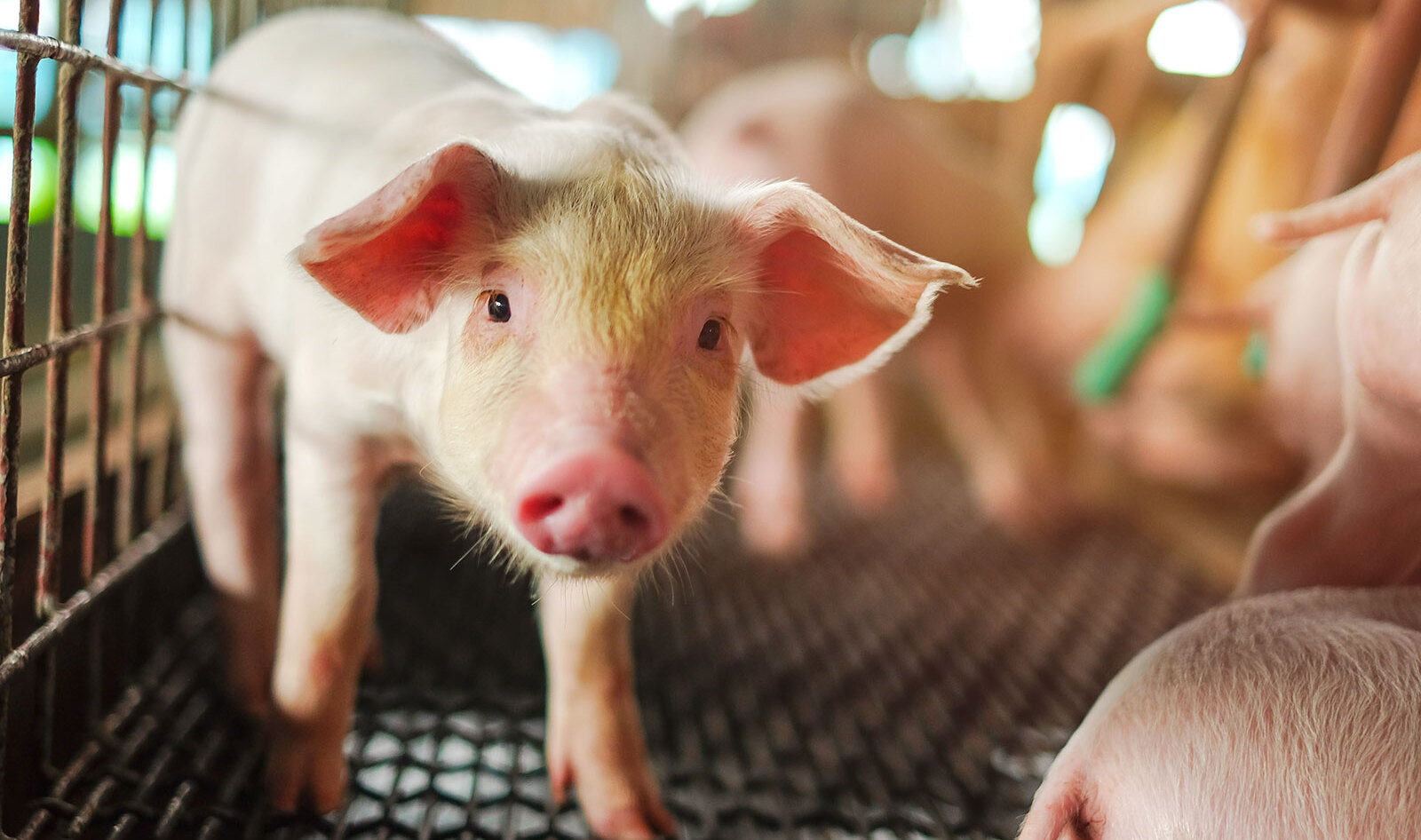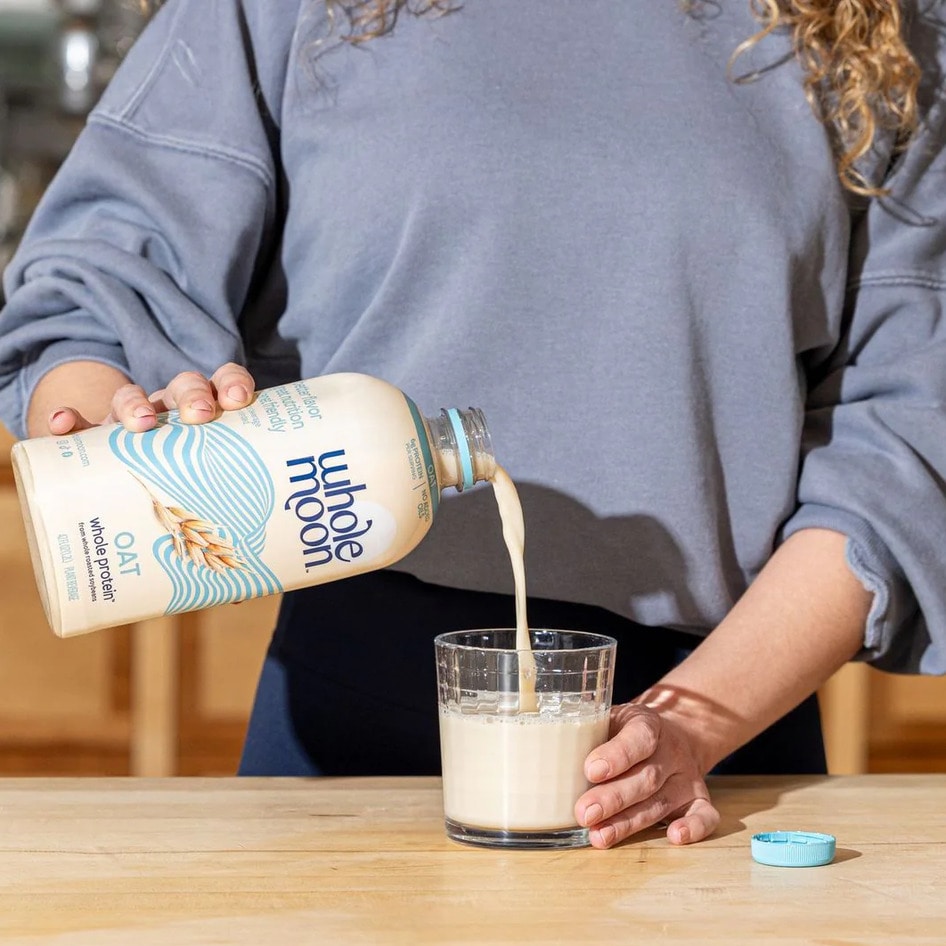Four US Senators, Richard Blumenthal (D-CT), Cory Booker (D-NJ), Elizabeth Warren (D-MA), and Sheldon Whitehouse (D-RI), are calling on the US Department of Agriculture (USDA) to take action to protect consumers from misleading animal welfare claims on meat and poultry products.
The call comes following a recent report from the Animal Welfare Institute (AWI) found that 85 percent of analyzed animal welfare claims lacked adequate substantiation.
In a letter to Sandra Eskin, Deputy Under Secretary for Food Safety at the USDA’s Food Safety and Inspection Service (FSIS), the lawmakers expressed concern about the agency’s process for evaluating animal-raising claims and questioned whether the FSIS plans to strengthen its documentation requirements to ensure standard guidelines across the industry.
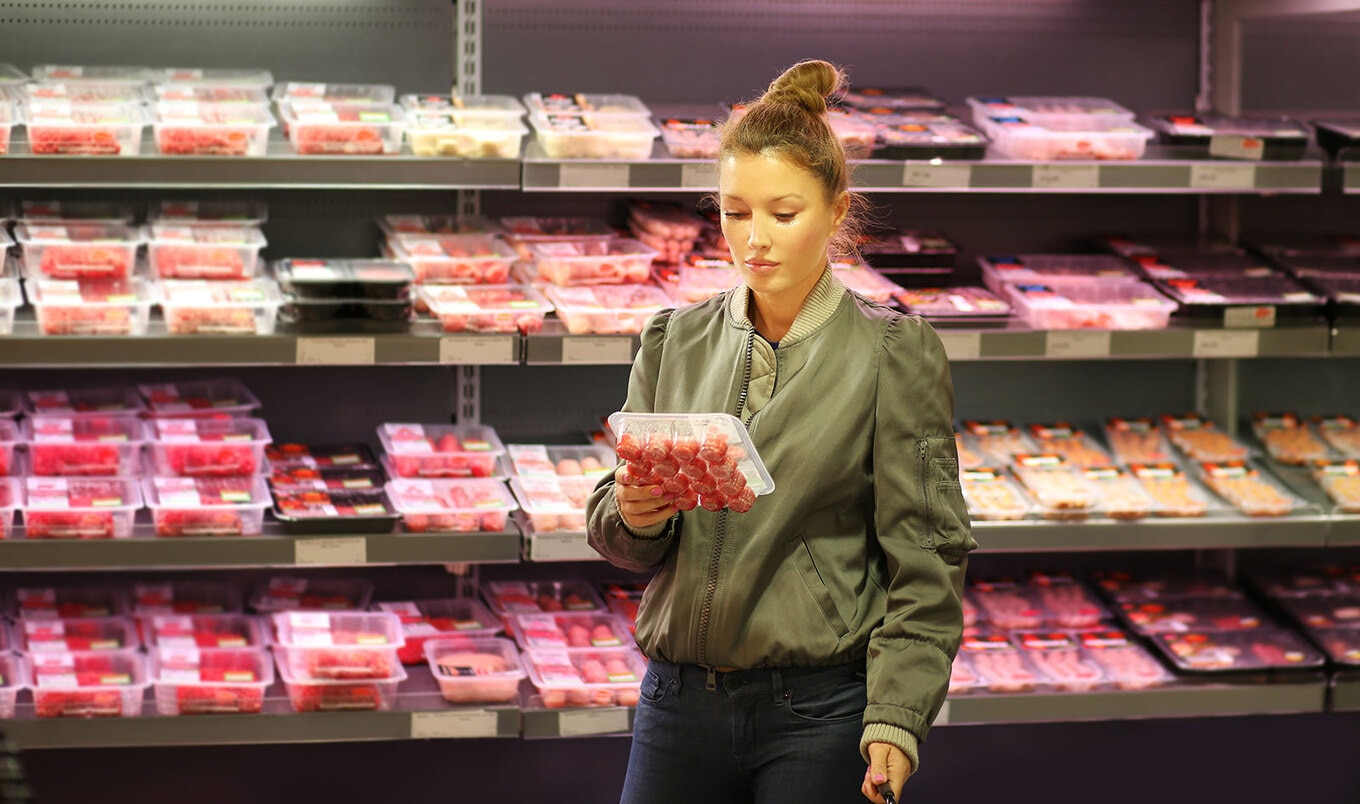
Adobe Stock
The senators are urging the USDA to fulfill its obligation to ensure that consumers have the information necessary to make informed choices about the products they purchase, and that farmers and producers are able to compete on a level playing field.
They also highlighted the fact that meat labeled with sustainability and animal-raising claims represents one of the fastest-growing segments of the meat industry. Without clear labels, consumers are robbed of their ability to purchase in accordance with their values.
Consumers confused about humane labeling
The USDA has the authority to deny companies the use of labels believed to be false or misleading under the Federal Meat Inspection Act and Poultry Products Inspection Act. However, AWI’s review of the USDA’s label approval files over the past decade found that higher-welfare labels for meat and poultry have proliferated in the marketplace without USDA approval—or with only marginal evidence to support these claims.
Multiple national surveys commissioned by AWI have shown that most consumers disagree with the USDA’s practice of allowing conventional producers to define these claims themselves without requiring on-farm evaluation by either the government or an independent third party.
“Consumers are inundated with compelling images, claims, taglines, and ‘certifications’ assuring them that these products are environmentally friendly and the animals involved were well cared for,” Dena Jones, director of AWI’s farmed animal program, said in a statement.
“In fact, the USDA allows producers to define claims however they see fit and sail through the approval process instead of promoting meaningful, measurable standards,” Jones said.
Because producers are free to define promotional terms used on packaging any way they choose, the same claim can have different meanings on different packages. A producer, for example, might define “humanely raised” to mean the animals were raised on a diet that was vegetarian or free of antibiotics—actions that say little about the animals’ overall welfare.
In its latest analysis, AWI reviewed 97 label claims dating to 2013. For nearly half the claims (48), the USDA was unable to provide any application submitted by the producer, suggesting a significant percentage of meat products in the marketplace may contain unapproved claims. For the remaining claims, most producers provided minimal documentation, such as an affidavit or operational protocol indicating compliance with only basic industry animal care standards.
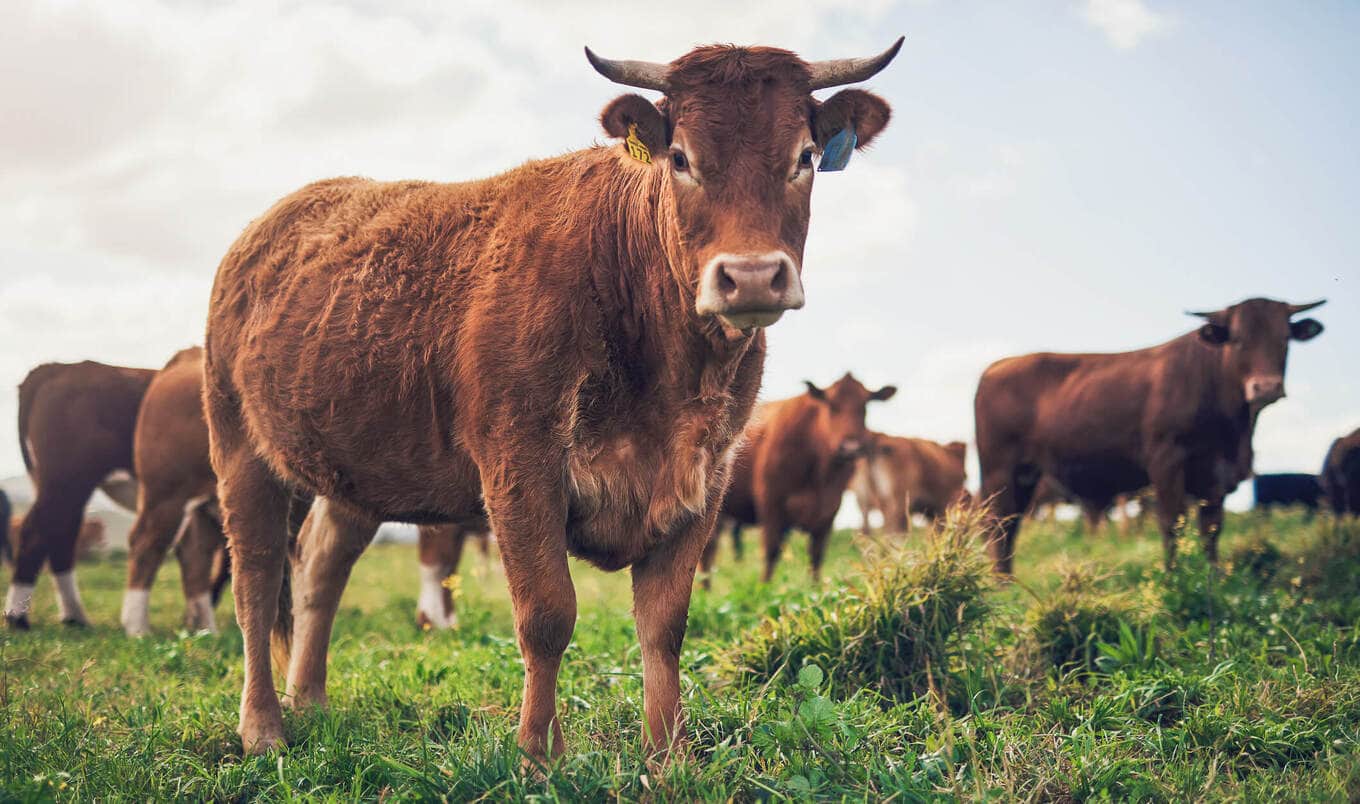 People Images
People Images
“The USDA’s failure to meaningfully regulate animal raising claims like ‘humanely raised’ and ‘raised without antibiotics’ contributes to consumer confusion and humanewashing,” Andrew deCoriolis, executive director of Farm Forward, said in a statement.
“The public broadly supports more regulation of meat labeling and AWI’s findings illustrate the urgent need for the USDA to take action to protect the public and ensure a fair marketplace for higher-welfare farmers,” deCoriolis said.
The AWI report includes several recommendations, including the requirement for producers using animal welfare claims to obtain third-party certification that they adhere to standards that exceed conventional production practices. Producers should also be required to comply with all of the certification’s standards and be audited by the certifier at least every 15 months.
A new version of the Farm Bill
In 2021, President Joe Biden signed an executive order to promote more competition in the American economy, directing the USDA to address consolidation in the agricultural sector that hurts small farmers. AWI, along with other environmental and animal protection organizations, has urged the USDA to address its process for approving animal raising claims as part of Biden’s initiative to promote a more fair and open marketplace.
Similarly, last month, Representative Earl Blumenauer’s (OR-03) introduced the Food and Farm Act of 2023 as a “new vision” for the Farm Bill that puts farmers, families, and the environment first when it comes to food policy.
Most federal spending that shapes the United States food system comes through the Agriculture Improvement Act, otherwise known as the “Farm Bill.” Yet this funding only benefits Big Ag, landowners, and investors, Blumenauer says, making it harder to grow food and clean up the environment.
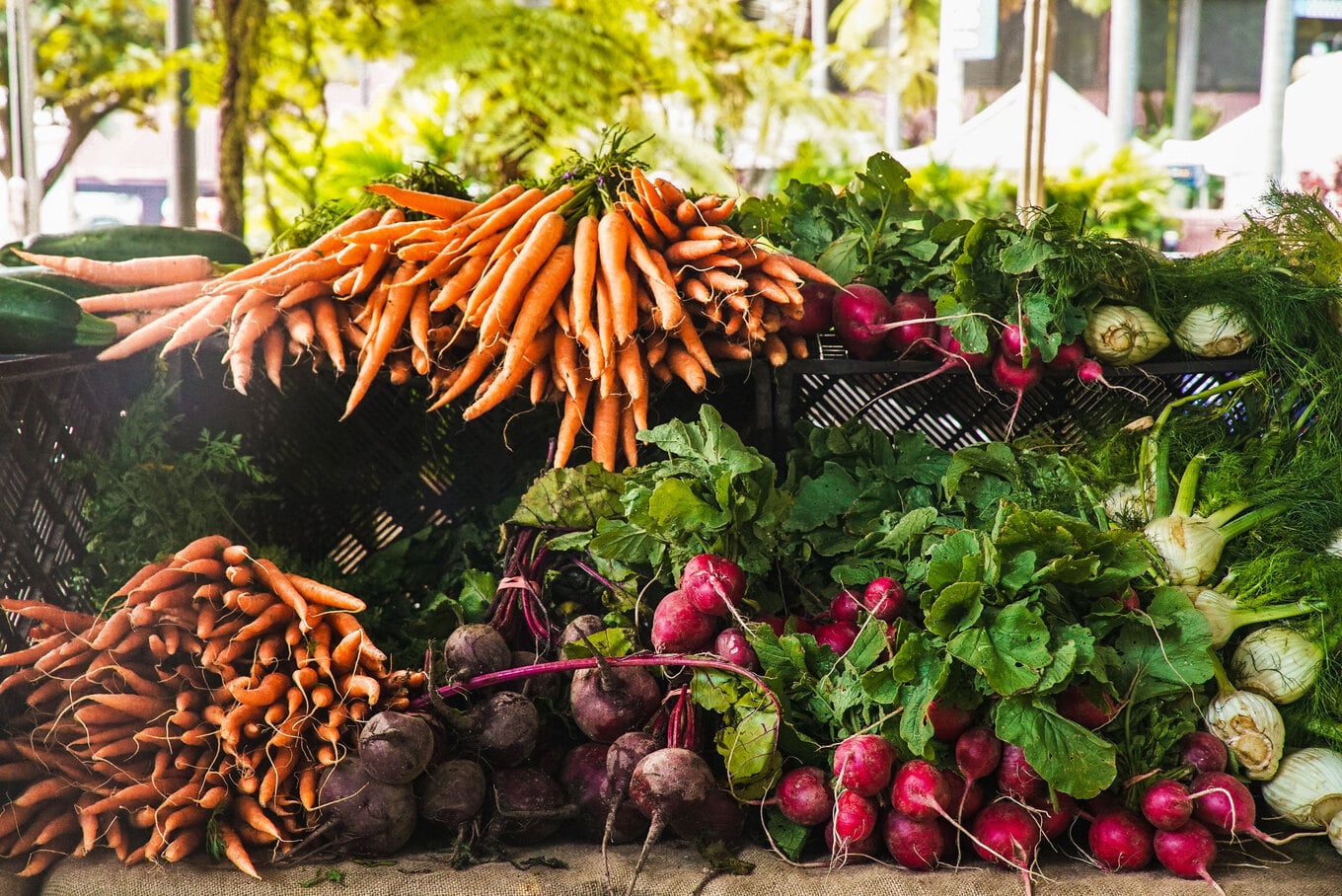
Pexels
Endorsed by organizations such as Farm Sanctuary, American Society for the Prevention of Cruelty to Animals, and Women Advancing Nutrition Dietetics and Agriculture, the Food and Farm Act focuses resources on those who need them most. It fosters innovation and encourages investments that help animals, people, and the planet, and ensures access to healthy foods.
“The current Farm Bill gives away millions to big agribusiness, incentivizes the production of unhealthy foods, doesn’t support small and mid-size farmers, and prioritizes process over outcomes when it comes to clean air, clean water, and healthy soil,” Blumenauer said in a statement.
“In short, it gives too much to the wrong people to grow the wrong food in the wrong places,” Blumenauer said. “Congress can and should do better.”
For the latest vegan news, read:
JUMP TO ... Latest News | Recipes | Guides | Health | Subscribe

